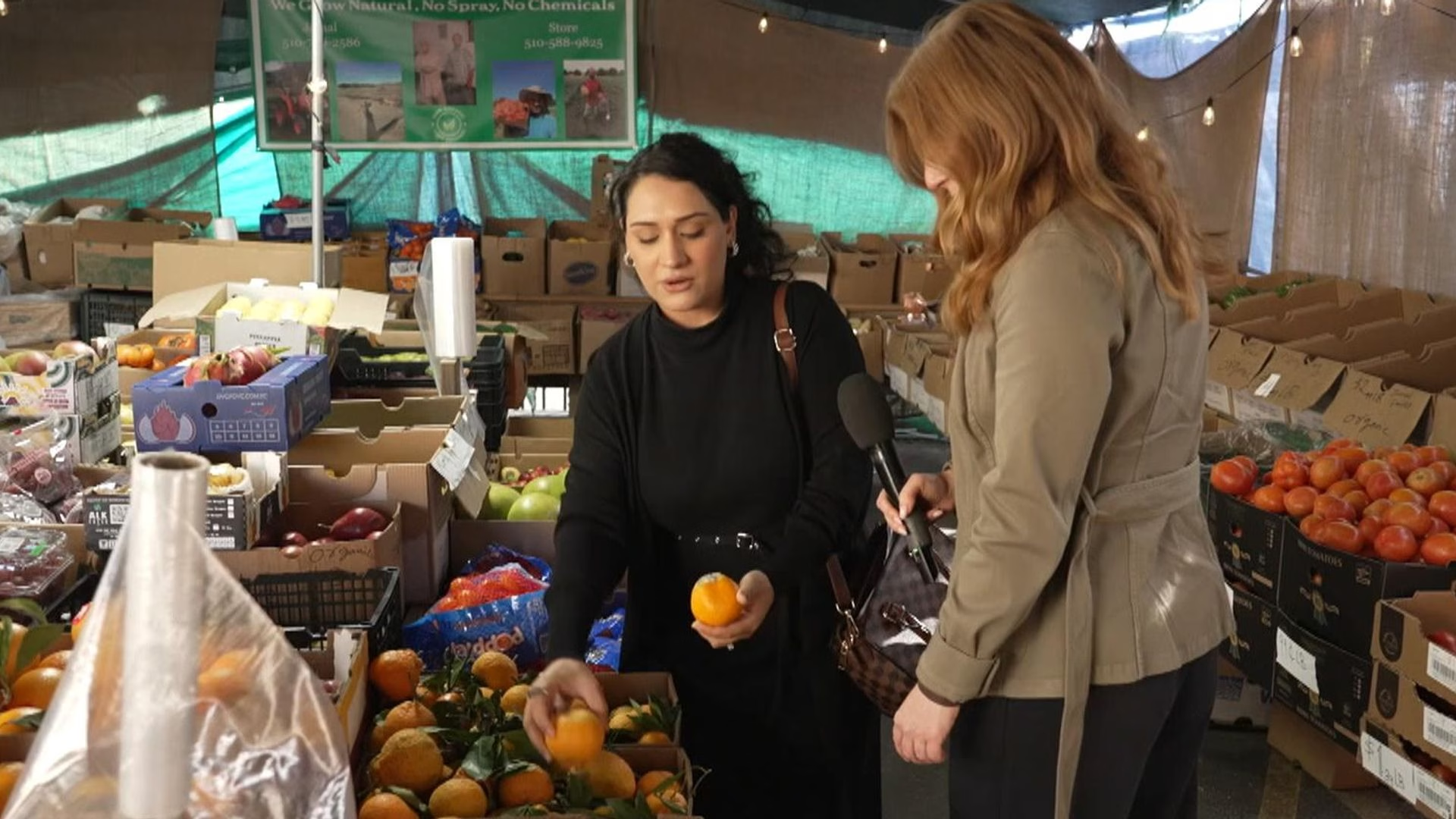The United Kingdom Home Office is still vetting some Virgin Islands police officers despite a High Court ruling temporarily limiting the government’s power to force them to comply with the process, according to Governor Daniel Pruce.
The governor said an order from the court this month stayed some disciplinary aspects of the procedure — but did not halt it.
“What the judge does specify is that some of the measures in place in the regulations to address gaps in information submitted — some of these … disciplinary measures, are stayed — so are not applicable,” he said during a Tuesday press conference. “I think of them as enforcement mechanisms. Some of those — at the judge’s direction — are held for the moment.”
The order, he added, will remain in effect until the court reaches a final determination on the matter.
“I just wanted to be clear that meanwhile the vetting process remains open and ongoing, just without the ability to apply those enforcement provisions foreseen in the regulation,” he said.
Judicial review
The court ruling follows a May 30 application for judicial review filed against the governor by Police Welfare Association Chairman Sean McCall.
Mr. McCall’s application claimed the vetting process is unconstitutional and disproportionately limits officers’ right to privacy, equal protection and freedom of association.
Additionally, Mr. McCall alleged that the vetting rules “improperly centralise power” in the governor, causing him to “interfere with the Police Service Commission’s constitutionally mandated oversight role.”
The lawsuit came shortly after the governor announced in April that he had amended the VI’s 2013 Police Regulations to allow the UK Home Office to vet the officers. At the time, he said the move was necessary because the Police Service Commission was not yet up to the task.
‘Necessary measure’
On Tuesday, Mr. Pruce said that he stands by the vetting regime despite the lawsuit and criticism from some police officers and elected leaders.
“I consider vetting to be a necessary measure to ensure the integrity of the Virgin Islands police force,” he said.
Mr. Pruce added that “around 100 officers” have already submitted their vetting forms, which he said was about “a third” of the “270 to 280” officers in the Royal VI Police Force.
He also acknowledged that the nature of some of the vetting questions has been criticised as being overly intrusive.
Such questions, he said, include queries on officers’ social media accounts, sources of income, and associations with people with criminal records.
But the governor insisted that such questions are necessary. As an example, he explained that financial questions are needed to determine whether officers may be “vulnerable to coercion or blackmail.”
Officers, he added, are not asked for PIN numbers or passwords for bank accounts.
‘Reassurance’
The governor further explained that the vetting process is about ensuring that police officers — who he noted wield “enormous powers,” including “the power to use force against us” — have the community’s trust.
“We, as members of the public, need a level of reassurance so that we can trust those who exercise such powers,” he said.
He added that public should be able to approach a police officer “without fear.”
“We need to be confident that that officer and their actions is not compromised by personal loyalties or ties to individuals that may be involved in the wrongdoing that’s affecting us,” he said.
Mr. Pruce, however, declined to comment on the severity of police corruption and abuse of power in the VI — or to compare the situation here to other overseas territories.
“I’m just not going to get drawn into binary assessments,” he said in response to a question on the topic. “It’s not for me to try to grab a headline comment, or a headline figure. But the key thing is working with all of these agencies — police, prisons are my responsibility — to ensure the highest standards of integrity.”
Scathing review
Recently both those agencies — as well as customs, immigration and other law-enforcement bodies — came under scathing criticism from an independent review conducted by His Majesty’s Inspectorate of Constabulary and Fire and Rescue Services.
On Tuesday, Mr. Pruce also provided an update on the 375 wide-ranging recommendations laid out in the two-volume review, some of which came under fire from House of Assembly members who opposed reforms that would return previously devolved powers to the governor.
On Tuesday, Mr. Pruce said many of the reforms — which span ten years into the future — are ongoing, and he claimed that talks have eased the controversy.
“Probably five percent of that 375 do need further consideration, and I do look forward to taking those discussions further with the premier in the coming days,” he said.
In other policing matters, Mr. Pruce said he expects the appointment of the next police commissioner to be completed in late autumn.
Mr. McCall’s legal team is led by King’s Counsel Terrence Williams and instructed by Chase Law & Co. Premier Natalio “Sowande” Wheatley didn’t immediately respond to requests for comment on the vetting.
British Caribbean News



